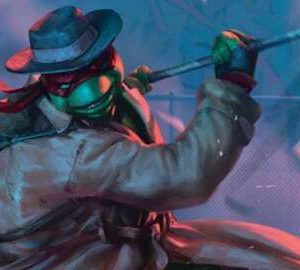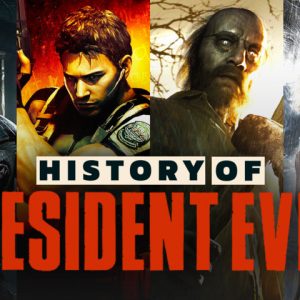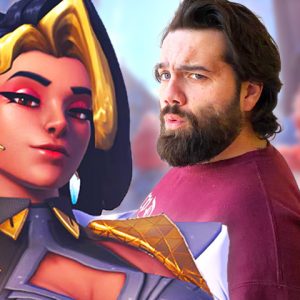It’s been three years since GameStop’s stock originally exploded during the pandemic as big-time investors capitalized on an internet feud between deep-pocketed hedge funds and very online Redditors. Now the meme stock is back for round two after Roaring Kitty, AKA Deep Fucking Value, AKA Keith Gill, the WallStreetBets commentator who was one of the earliest and loudest champions of GameStop’s market upside, returned from a three-year hiatus.
The former life insurance marketer whose involvement in the 2021 meme stock hijinks took him to Washington D.C. to testify before congress and led to a Hollywood dramedy, Dumb Money, in which he was portrayed by Paul Dano, tweeted for the first time in over 1,000 days last night. The post was simple. Just a sketch of a man sitting in a chair with a controller beginning to lean in, a call back to a meme originally started by PlayStation France. This morning, GameStop’s stock price jumped over 100 percent, from $17 a share to over $36.
CNBC reported that the GameStop trading was halted multiple times due to the volatility. The electric shock sent through the gaming brick-and-mortar chain’s corpse like Dr. Frankenstein bringing his monster back to life comes after years of layoffs, executive departures, mismanaged strategy pivots, and floundering faith among the meme stock’s biggest cult of online boosters. GameStop reported $1.79 billion in revenue last quarter, down from $2.23 billion the year prior.
Gill’s social media posts and YouTube videos making the business case for GameStop’s hidden value made him a legend among fellow meme stock day-traders and edgelords on Reddit. But after the initial frenzy calmed down, he told fans he was going away for a while to focus on his family. At the peak, Gill’s investments in GameStop were worth over $40 million. It’s unclear how much of his shares he ever actually sold. The last time he disclosed his position to fellow meme stock boosters, it seemingly showed him doubling down on the chain.
Update 5/13/2024 1:29 p.m. ET: Gill has continued tweeting weird stuff, most recently a string of famous movie scenes, pop culture cuts, and references to other memes as he seemingly single-handedly adds billions to GameStop’s market cap.
Bloomberg columnist Matt Levine put together a mock business school exam for meme finance. Here is an excerpt:
Consider this hypothetical trade: (1) Keith Gill buys a bunch of short-dated GameStop call options, (2) he tweets a picture of a guy leaning forward in a chair, (3) the stock shoots up, (4) he sells the options for a profit, (5) he never returns to YouTube or otherwise says anything about GameStop at all. Is this a good trade? How many times could he do this? If you bought GameStop on the basis of his tweet, and this turned out to be the trade, how mad would you be?
If you bought GameStop on the basis of his tweet, and he turned out to be just tweeting from his drawing class, how mad would you be?
In the hypothetical trade in Question 7, would the US Securities and Exchange Commission have a case against him for market manipulation?1 In your answer, make reference to (1) the fact that the tweet doesn’t mention GameStop at all, (2) the recent decision by a federal judge in Texas that actually pump and dumps are legal and (3) the 2023 decision by a federal judge in Washington, DC, that the moon emoji is securities fraud.
Short sellers have reportedly already lost $1 billion on the latest GameStop chaos.
























